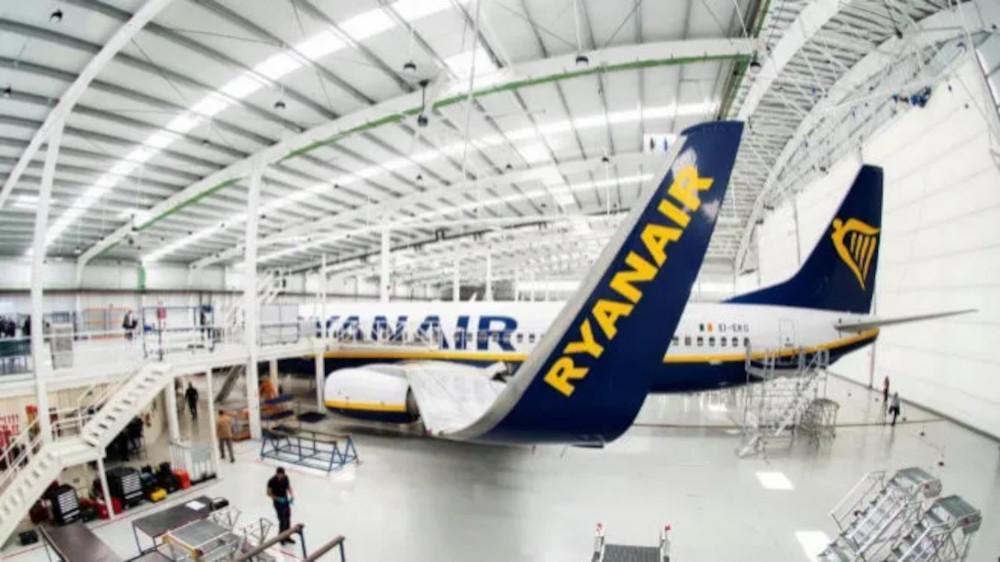
Ryanair has collaborated with several education institutes within the UK, Ireland and Germany for the aircraft maintenance training programs.
Despite the resurgence in demand for aircraft maintenance, many MRO companies are struggling to find sufficient skilled manpower.
At Aviation Week’s MRO BEER 2023 conference in Warsaw, labor issues were a focal point of discussions. The majority of attendees, consisting of aviation industry professionals, unanimously recognized labor shortages as the foremost challenge for the commercial MRO industry.
Responding to the challenge, many MROs are working closely with aircraft maintenance training schools and offering apprenticeship programs to cultivate a steady pipeline of skilled workers.
Adam Hale, head of heavy maintenance at Irish low-cost carrier Ryanair, notes that attracting new talent into the industry has become increasingly difficult. To bridge the talent gap, Ryanair is currently offering several training and apprenticeship programs at its bases at Prestwick, Dublin and Stansted.
“We have a lot of training programs already and we have more training programs in place,” says Hale.
The airline runs these programs in conjunction with several education institutes, including Ayrshire College, Skill Development Scotland, Stansted College, SOLAS, DIT and Trainico.
“We are currently working with several high schools and universities in Budapest,” adds Arpad Demeny, CEO of Hungarian independent MRO Aeroplex.
Over the past couple of years, the industry has witnessed many individuals choosing to leave following the COVID-19 pandemic. Demeny notes that several individuals, especially the younger generation within the industry, are leaving to explore opportunities in other aircraft maintenance companies or moving to different sectors altogether such as the logistics and automotive industries both domestically and overseas.
“They [youngsters] are leaving Hungary to see and experience different cultures,” he says.
Demeny emphasizes that the maintenance companies need to work together to devise strategies to retain the young talent. “A few MROs need to come together and look for the potential options for collaboration and see how we could make some kind of rotation,” he says.
Furthermore, in order to engage the younger generation and enhance their learning experience, several MROs are integrating innovative tools and technologies to their training program.
Hale says that the younger generation is deeply engaged with technology. Thus, Ryanair is embarking on a paperless digitization process. The initiative includes implementing speech recognition and built-in translation tools to facilitate the process and engage with the tech-savvy youth of today.
“We are investing first in our own MROs and then at some point, we will try to roll that out in the third party MROs as well,” adds Hale.
Simultaneously, several MROs, including Aeroplex, have incorporated augmented reality and virtual reality technologies into their training programs.
“That’s what we need to be doing to make it (training) more exciting and trying to come up with innovative ways to attract the youth,” says Ryanair's Hale.
Furthermore, in addition to attracting new talent, maintenance companies are taking proactive measures such as implementing various benefits, offering competitive wages, promoting work-life balance and opportunities for career advancement to retain their skilled workers.
“We have to be thinking one step ahead of not just what’s going on in the industry but what other companies are doing and what are other industries doing to entice people out,” notes Jane Hossack, chief people officer at UK-based AJW Group.





